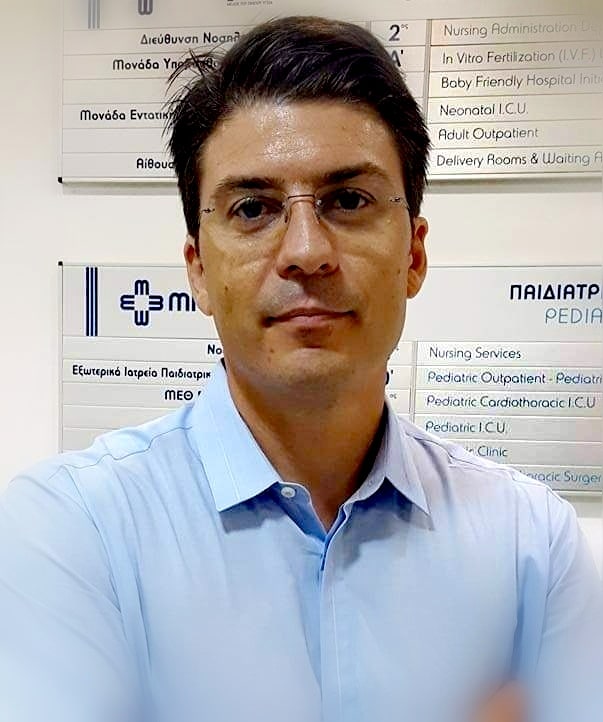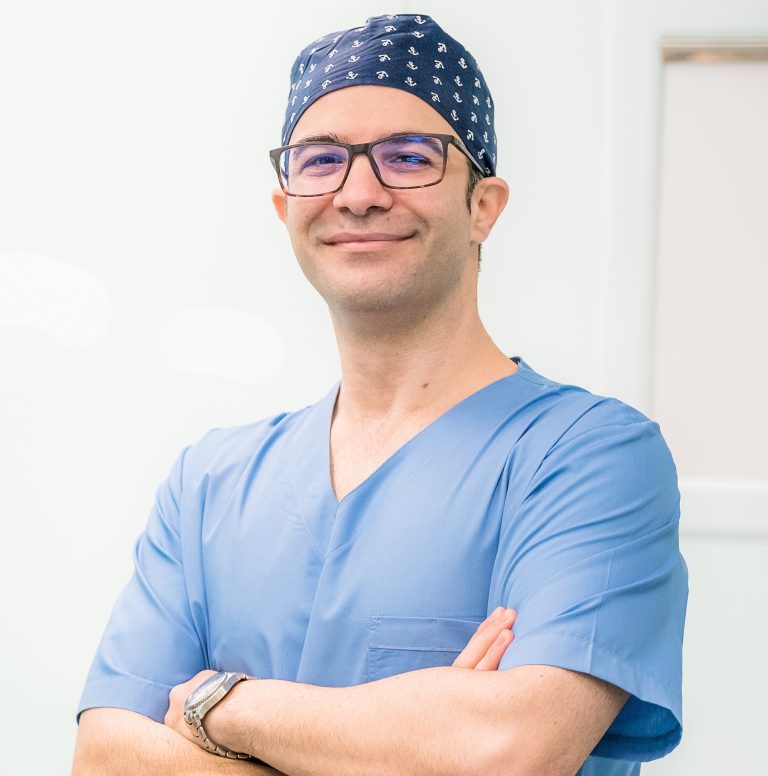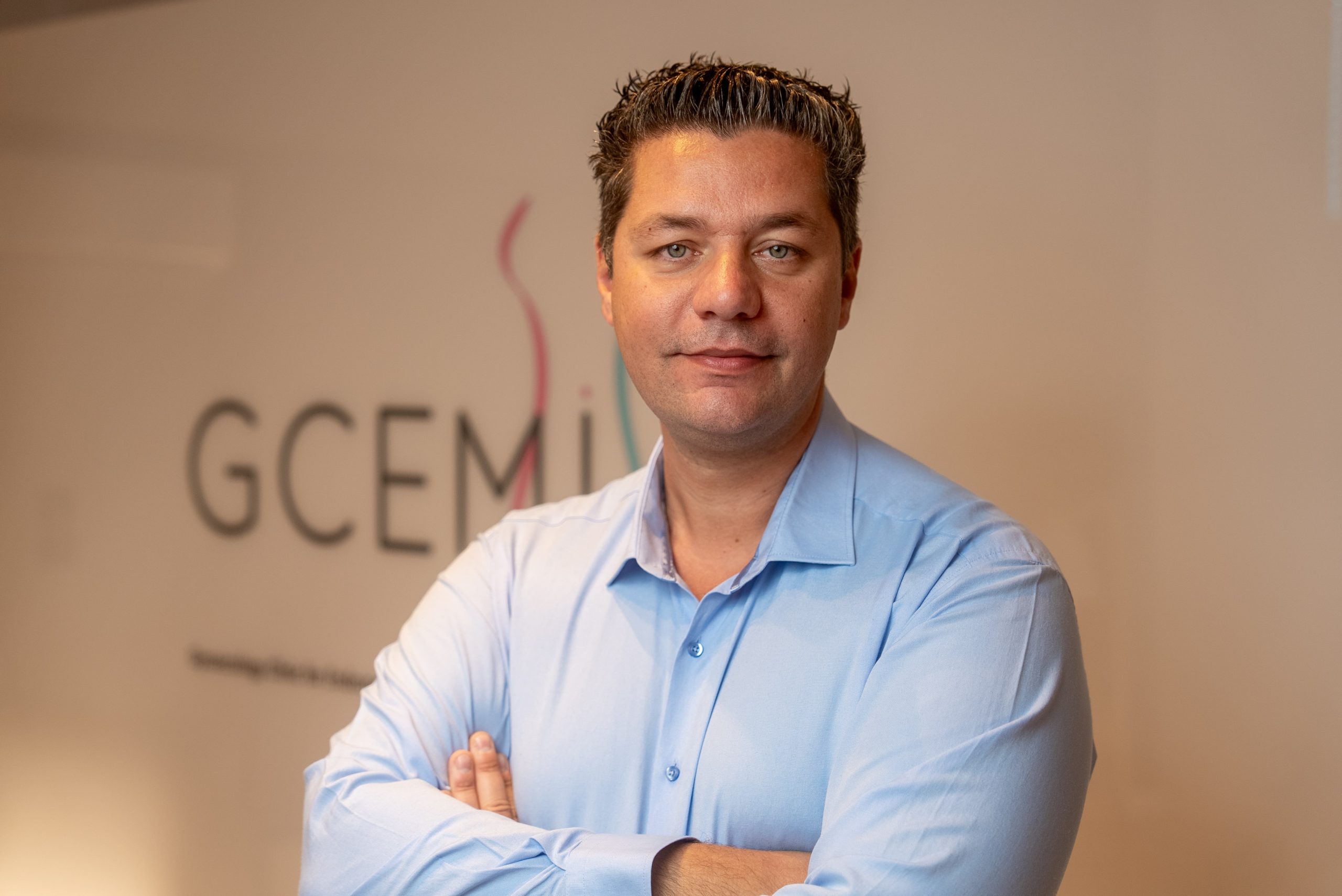
Dr. Ioannis Koutoukos
Dr. Ioannis Koutoukos, Gynecology & Minimal Invasive Surgery, Endometriosis Specialist.
City: Athens, Attica, Greece
Philosophy?
Migration
Medication:
Herbals, hormonal, letrozole
Approach to Persistent Pain After Surgery:

Dr. Stylianos Kogeorgos
Dr. Stylianos Kogeorgos, M.D.
Dr Stylianos Kogeorgos – Endometriosis Specialist, Gynecologist, Minimally Invasive Gynecologic Surgeon
Summary: Dr Stylianos Kogeorgos is a dedicated endometriosis doctor in Athens, Greece, specializing in the diagnosis and treatment of endometriosis. As a highly skilled gynecologist and minimally invasive surgeon, Dr Kogeorgos offers personalized care to women affected by this complex condition. He recognizes that while the exact cause of endometriosis is still unclear, factors like hormones, immune system responses, and genetic influences play a significant role in its development.
Dr. Kogeorgos uses a range of treatments to manage symptoms, including progestogens, hormonal contraceptives, and intra-uterine devices (IUDs), with a focus on improving quality of life. His approach also includes extensive follow-up care for patients post-surgery, emphasizing pelvic floor therapy and collaboration with pain specialists to manage persistent pain.
For women seeking support from an experienced endometriosis doctor in Athens Greece, Dr Kogeorgos combines evidence-based treatments with compassionate, patient-centered care.
City: Athens, Greece
Philosophy: Endometriosis is an estrogen-dependent disease but its exact etiology remains unclear but several regulatory factors are known to support the development or maintenance of the disease.
There are many theories also like, Uterine Peristalsis, Hormones, Lymphatic System, Immune System, Oxidative Stress, Apoptosis genetic and epigenetic factors.
These theories should be taken as hypotheses that need further research to be validated. This is why it is so crucial to keeping investing and funding in endometriosis research within the medical community.
We will be working to support increased research funding, awareness, and advance policy around endometriosis.
Medication: There is no single option that is clearly superior to others, when it comes to symptomatic endometriosis.
Approach to Persistent Pain After Surgery: I liberally use and encourage pelvic floor therapy and pain specialist consultation and follow-up pre and post-operatively.

Dr. Konstantinos Kyriakopoulos
Konstantinos Kyriakopoulos, M.D.,
Dr Konstantinos Kyriakopoulos – Endometriosis Specialist, Minimally Invasive Gynecologic Surgeon
Summary: Dr Konstantinos Kyriakopoulos, MD., is a highly skilled endometriosis specialist and minimally invasive gynecologic surgeon based in Athens, Greece. With extensive expertise in treating endometriosis, Dr Kyriakopoulos believes in a multifactorial approach to the disease, considering genetic and epigenetic factors. He is committed to offering personalized care through complete excision surgery, which he believes provides the best outcomes for pain relief and fertility preservation. At Mediterraneo Hospital Glyfada Greece, Dr Kyriakopoulos focuses on ensuring optimal results with minimal recurrence rates, reserving medication like contraceptives and progesterone for specific cases. For patients dealing with persistent pain after surgery, he takes a comprehensive approach, collaborating with a pain management team and utilizing physiotherapy, nerve blocks, and anti-inflammatory treatments when needed.
City: Athens, Greece
Philosophy: Even though endometriosis is a prevalent and unique disease, its pathophysiology stills remains a mystery. I believe that this disease is multifactorial. Moreover, I firmly believe in genetic and epigenetic factors contributing to endometriosis. Hopefully, with the progress in bioinformatics, we will eventually have more valuable information regarding the onset and course of that disease.
Medication: In my practice, I firmly believe that excision surgery is crucial. Complete excision of all the endometriotic lesions gives far better results in controlling pain or sustaining fertility and lower recurrence rates than medication use. I believe that suppression after excisional surgery is unnecessary unless the excision was incomplete. Medication like contraceptive pills, progesterone supplements, or GNRH analogs in my practice is reserved for women who want to control pain until the day of the operation or for patients that want to control pain but definitely avoid surgery. In cases of adenomyosis, I recommend the use of Mirena coil.
Approach to Persistent Pain After Surgery: Patients are followed up closely after operations.
That way, we can monitor their progress. If symptoms persist, evaluation for other causes of pain is undertaken, referral to the pain management team, and physiotherapy. Anti-inflammatory drugs and nerve blocks can be beneficial in situations where symptoms persist.

